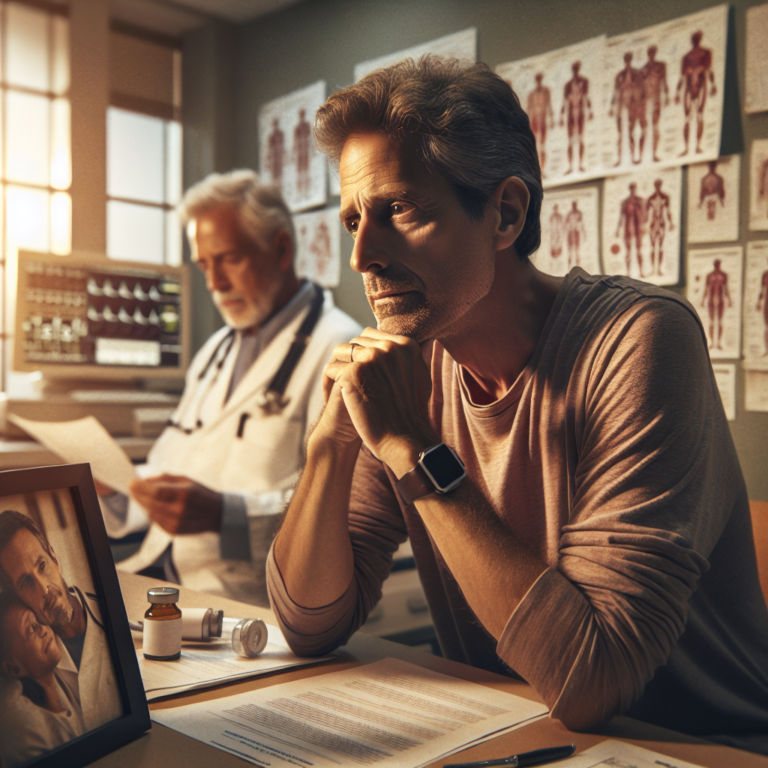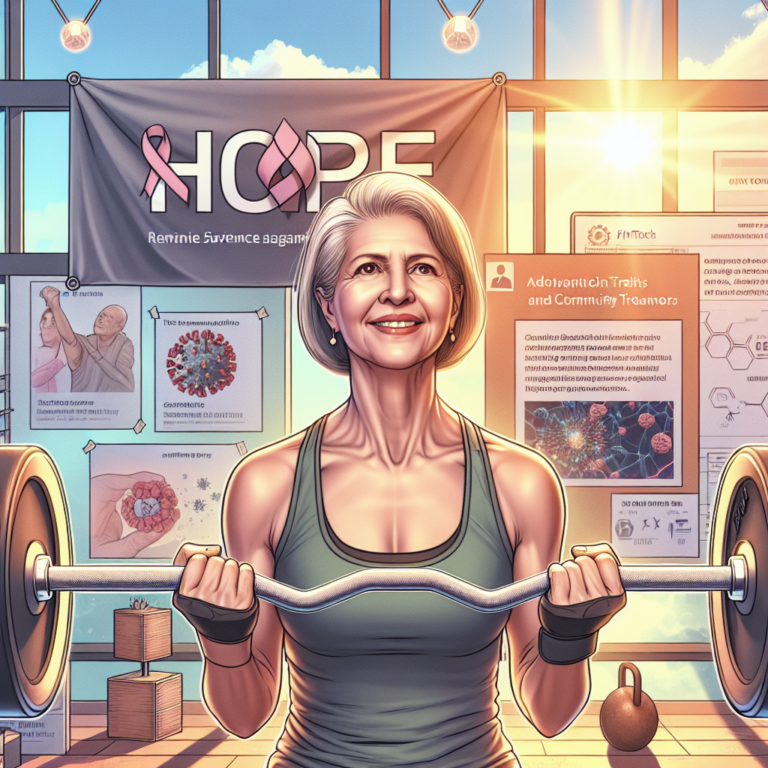Empower Yourself: Mastering Self-Advocacy at the Table

Navigating the complexities of pancreatic cancer treatment can feel daunting, but taking an active role in your care can significantly improve outcomes. Empowering yourself through advocacy not only enhances your understanding but also fosters a better relationship with your healthcare team. In a recent discussion, pancreatic cancer patients and survivors shared their experiences, insights, and the lessons they’ve learned about self-advocacy in their treatment journeys.
The Importance of Self-Advocacy in Cancer Care
Self-advocacy is crucial when facing a diagnosis like pancreatic cancer. Patients who take charge of their care often report feeling more in control and empowered to make informed decisions. Here’s how some survivors approached self-advocacy:
-
Doris Bowdoin: After experiencing the challenges of cancer treatment, Doris emphasized the importance of finding the right medical team. She conducted thorough research and sought recommendations, ultimately traveling from Florida to the University of Alabama at Birmingham for cutting-edge treatment.
-
Robert Weker: Robert reflected on his journey, recognizing areas where he excelled in advocacy and others where he could have done better. Switching oncologists proved to be a pivotal decision, as he sought a multidisciplinary clinic that aligned with his treatment goals.
-
Sandy Robis: As a two-time cancer survivor, Sandy learned the value of self-advocacy through her experiences. She underscored the necessity of being knowledgeable about one’s condition, stating that "knowledge is power" in navigating treatment options.
- Eric Borden: Eric shared a powerful message about the importance of questioning medical advice. He explained that thorough education and informed decision-making were crucial to his survival.
Strategies for Directing Your Treatment
Taking an active role in treatment planning can lead to better health outcomes. Here are some strategies that patients found effective:
-
Proactive Research: Eric took the initiative to seek out additional opinions rather than waiting for a follow-up scan, which could have delayed necessary treatment.
-
Collaboration with Medical Teams: Randall Swan spent significant time researching the best surgeons and clinical trials, even enlisting a friend’s help to navigate the complex information.
-
Pain Management: Robert worked closely with his oncologist to streamline his treatment plan, emphasizing the need for coordinated care that suited his preferences.
-
Quick Action: Sandy maintained a sense of urgency throughout her treatment. After experiencing worrisome symptoms, she quickly arranged for various medical evaluations, demonstrating the importance of acting swiftly in response to health concerns.
- Support Systems: Doris highlighted the role of emotional support from family and friends, which helped her maintain a positive outlook during her treatment.
Lessons Learned and Future Considerations
Reflecting on their experiences, survivors offered valuable insights for others facing similar battles:
-
Creating a "Playbook": Robert suggested that new patients and caregivers could benefit from a guide outlining common concerns and proactive strategies, covering everything from legal issues to treatment protocols.
-
Supporting Caregivers: Randall recognized the need to provide more support to caregivers, who play a vital role in the healing process.
-
The Necessity of Second Opinions: Sandy reinforced the idea that obtaining second and third opinions can be crucial for making well-informed choices about treatment options.
-
Timeliness in Testing: Patients agreed that getting genetic testing done sooner could expedite the identification of targeted treatments and clinical trials.
-
Staying Connected with Specialists: Doris advised patients to remain with their primary healthcare providers, even if it requires travel, to ensure continuity of care.
- Trusting Your Instincts: Eric concluded with a powerful affirmation of self-belief, stating that listening to one’s own judgment can lead to positive outcomes.
By sharing their stories, these pancreatic cancer survivors illustrate the profound impact of self-advocacy in healthcare. Their experiences serve as a reminder that knowledge, proactive engagement, and strong support systems are critical components of navigating a challenging diagnosis.






